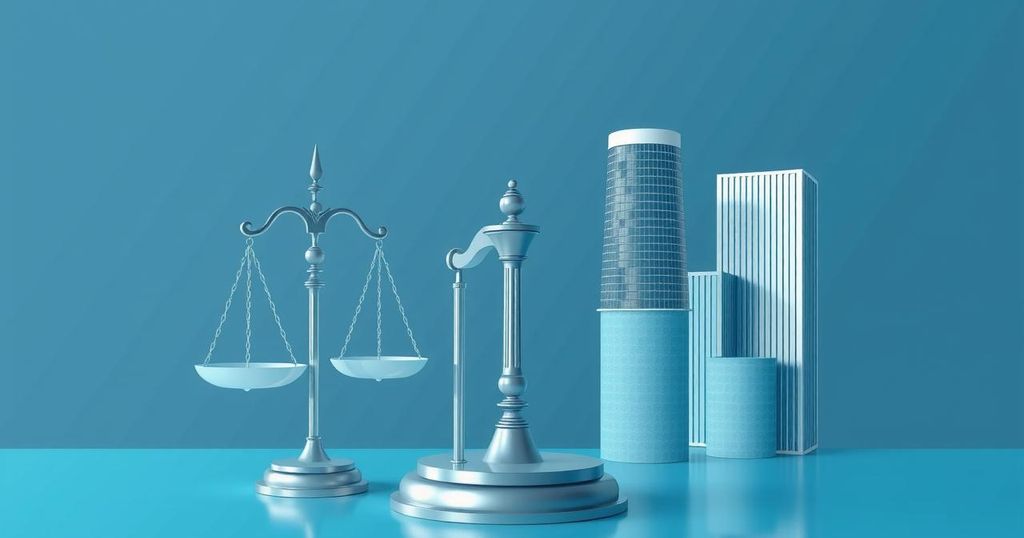Mohammed Ali Al-Lami of Iraq’s FCOI has called for UNDP support to address asset recovery and extradition challenges. UNDP’s Yama Torabi confirmed readiness to assist in recovering stolen funds. Ongoing collaboration aims to enhance Iraq’s anti-corruption initiatives and improve investigative capacities.
In a recent meeting, Mohammed Ali Al-Lami, the head of Iraq’s Federal Commission of Integrity (FCOI), emphasized the urgent need for support from the United Nations Development Programme (UNDP) in overcoming challenges related to asset recovery and extradition of wanted individuals. Yama Torabi, UNDP’s representative, assured full support for Iraq’s initiatives to reclaim stolen funds.
Al-Lami highlighted the crucial cooperation between the FCOI and UNDP in enhancing justice initiatives and commercial dispute resolution. He acknowledged the contributions made by UNDP, particularly through awareness programs and the development of national anti-corruption strategies.
During the discussions, he noted the necessity for UNDP’s assistance in navigating key challenges in asset recovery and extradition. Al-Lami expressed optimism that collaboration would foster exchange of expertise in modern anti-corruption techniques, focusing on digital transformation and the fight against cybercrime.
He stressed the importance of equipping Iraq’s oversight bodies with advanced training programs to develop high-level investigative skills essential for tackling corruption and securing assets. Al-Lami also mentioned ongoing coordination with entities such as the European Union, UNODC, and Transparency International, hoping these partnerships would significantly bolster Iraq’s anti-corruption efforts and facilitate recovery of misappropriated resources for national development projects.
The Federal Commission of Integrity in Iraq, led by Mohammed Ali Al-Lami, is actively seeking UNDP’s assistance to tackle challenges in asset recovery and extradition. The cooperation signifies a positive step toward enhancing Iraq’s anti-corruption measures and strengthening institutional capacities, which could ultimately redirect recovered assets toward vital development efforts. Their ongoing collaborations with regional and international organizations further underpin this commitment to combating corruption and promoting accountability.
Original Source: ina.iq




